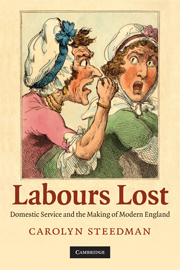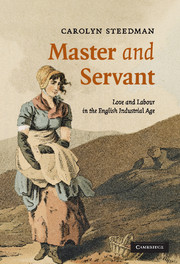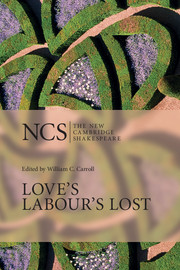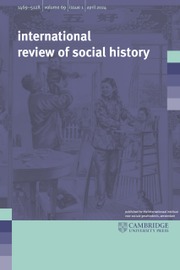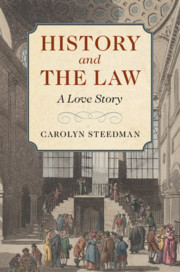Labours Lost
This is a unique account of the hidden history of servants and their employers in late eighteenth-century England and of how servants thought about and articulated their resentments. It is a book which encompasses state formation and the maidservant pounding away at dirty nappies in the back kitchen; taxes on the servant's labour and the knives he cleaned, the water he fetched, and the privy he shovelled out. Carolyn Steedman shows how deeply entwined all of these entities, objects and people were in the imagination of those doing the shovelling and pounding and in the political philosophies that attempted to make sense of it all. Rather than fitting domestic service into conventional narratives of `industrial revolution' or `the making of the English working class' she offers instead a profound re-reading of this formative period in English social history which restores the servants' lost labours to their rightful place.
- A new account of the relationship of master and servants through the prism of their everyday lives as well as contemporary jokes, stories and political philosophy
- Restores what was the largest occupational group of the time to its rightful place in eighteenth-century history
- Will appeal to scholars of modern British social, cultural and economic history
Reviews & endorsements
"...this remarkable monograph has much to offer scholars of the literature and history of the period who will not fail to be impressed by Steedman's erudition." -Katrina Honeyman, American Historical Review
‘what makes her book stand out is the quality of imagination it displays. One might describe it as an intellectual history of domestic service, because it is above all an account of the way people thought about service: how servants thought about it, how their employers thought about it, how magistrates, lawyers, tax collectors and MPs thought about it.’ Joanna Innes, London Review of Books
"a rich description of the lives of servants in the late eighteenth century, showing us the everyday and the unusual, taking us from the most mundane realities to philosophical questions of who owned a servant’s labor." -Joyce Burnette, EH Net
"This highly readable book is remarkable for the level of detail unearthed about the daily experience of domestic service… Her overwhelming evidence and convincing analysis should call historians of labor, gender, and culture to attend to its claims and to set to work immediately on reconfiguring the larger historical narratives of the working classes; class consciousness; gender relations; the relationship between humans and animals; and conceptions of the self, privacy, and personal identity." -Dana Rabin, Journal of British Studies
"The book is a truly praiseworthy achievement." -Robin Ganev, Canadian Journal of History
Product details
December 2009Hardback
9780521516372
426 pages
235 × 158 × 25 mm
0.8kg
38 b/w illus. 8 tables
Available
Table of Contents
- Prologue: the servant's dream
- 1. Introduction: a new view of society
- 2. Servants numberless: theories of labour and property
- 3. Frances Hamilton's labour
- Necessity:
- 4. Lord Mansfield's women
- 5. In a free state
- Horses:
- 6. The law of everyday life
- 7. Policing society
- servant-stories:
- 8. Servants and childcare: Ann Mead's murder
- 9. Food for thought
- 10. An ode on a dishclout
- 11. A servant's wages
- Stays:
- 12. Conclusion: the needs of things.

